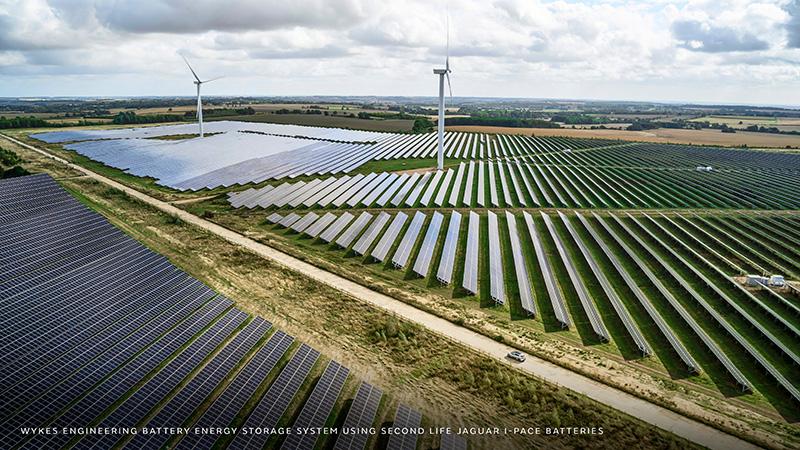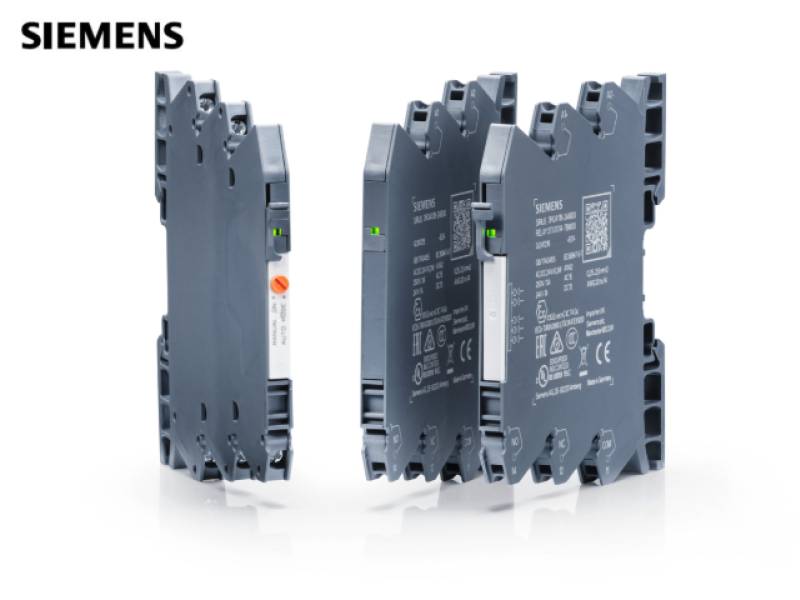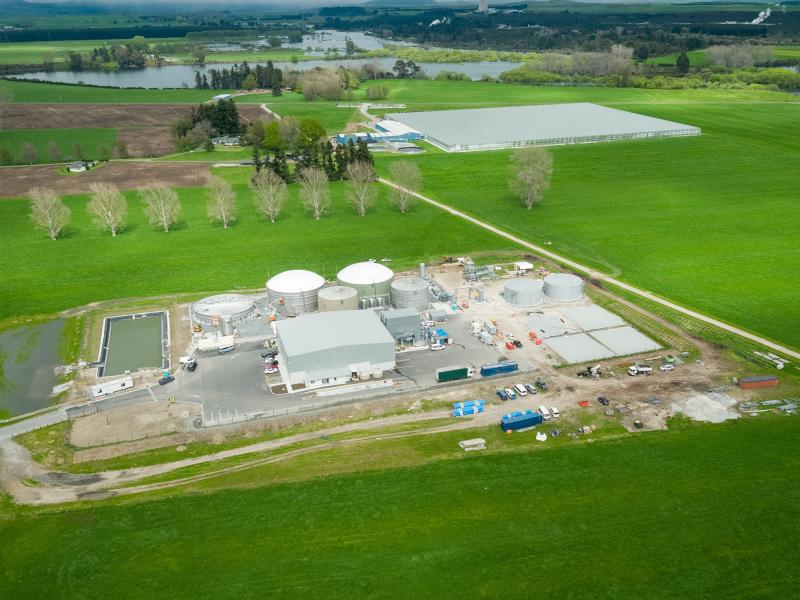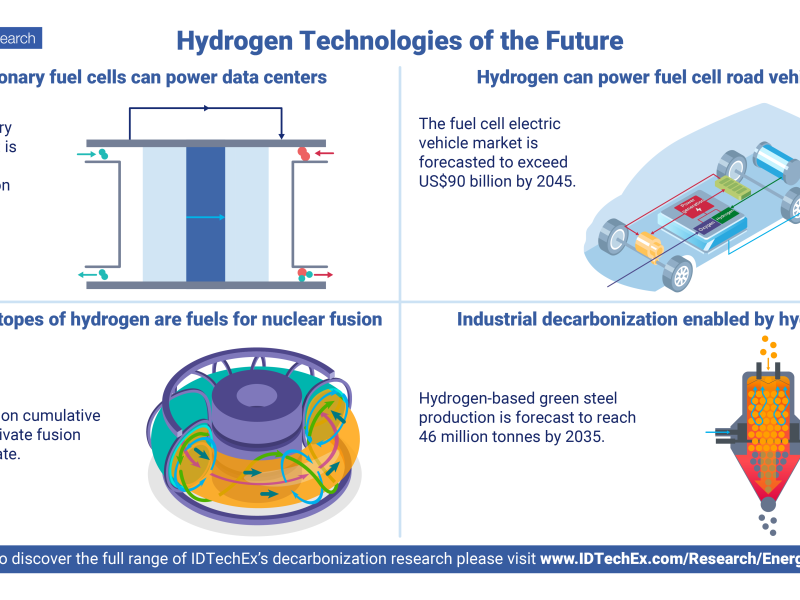JLR has partnered with Wykes Engineering Ltd to develop one of the largest energy storage systems in the UK to harness solar and wind power using second-life Jaguar I-PACE batteries.
A single Wykes Engineering BESS utilises 30 second-life I-PACE batteries and can store up to 2.5MWh of energy at full capacity. The batteries supplied have been taken from prototype and engineering test vehicles, and JLR aims to supply enough batteries to store a total of 7.5MWh of energy – enough to power 750 homes for a day – by the end of 2023. After this point more containers can be created to house additional second-life batteries removed from used production vehicles in the future.
Each BESS, which is linked to an advanced inverter to maximise efficiency and manage energy, is capable of supplying power direct to the National Grid during peak hours as well as drawing power out of the grid during off-peak hours to store for future use.
Battery storage systems like this are critical to decarbonising the Grid, as they can deal with rapid peaks in demand, and maximise solar and wind energy capture during sunny or windy conditions for use when needed.
As part of the technical collaboration, Wykes Engineering and JLR have achieved seamless integration, with no need for additional manufacturing steps or the removal of battery modules. The batteries are simply removed from the Jaguar I-PACE and slotted into racks in the containers on-site, helping to maximise the sustainability of the project.
Second-life battery supply for stationary applications, like renewable energy storage, could exceed 200 gigawatt-hours per year by 2030, creating a global value over $30 billion. JLR’s batteries can be deployed in low-energy situations once their health falls below the stringent requirements of an electric vehicle, which typically leaves a 70-80% residual capacity.
Reusing vehicle batteries will create new circular economy business models for JLR in energy storage and beyond. Once the battery health falls below the required level for these second-life use cases, JLR will recycle the batteries so that raw materials can be recovered for re-use as part of a true circular economy.






